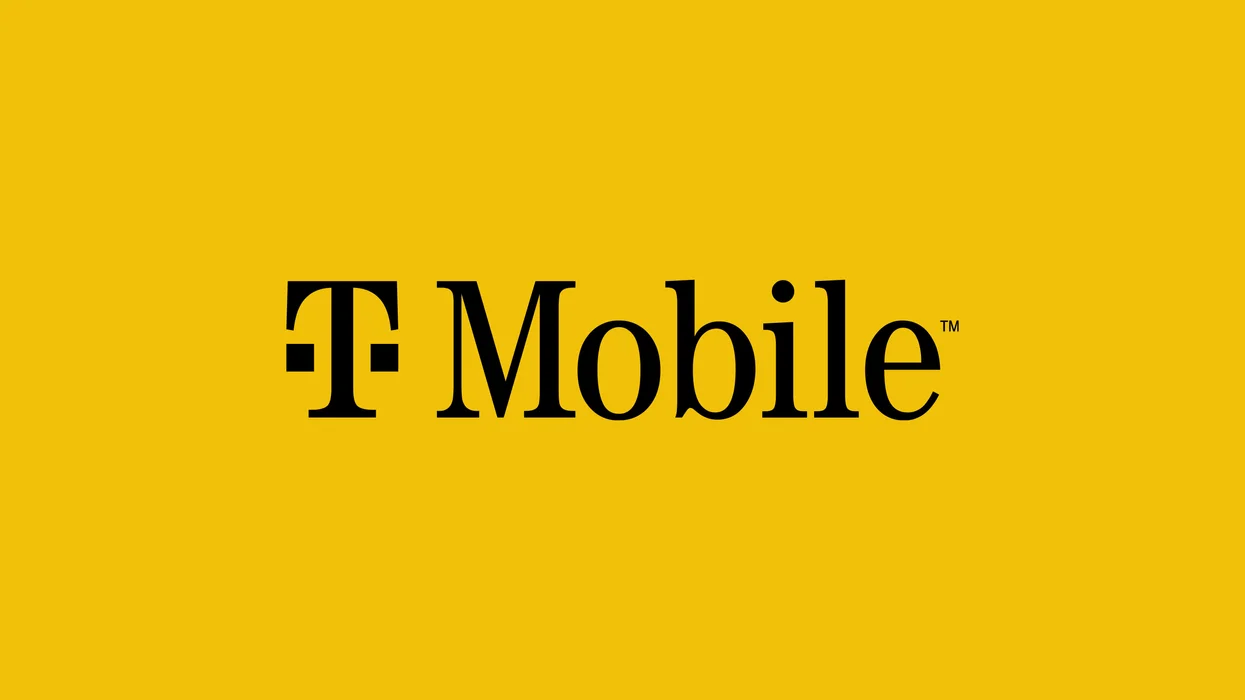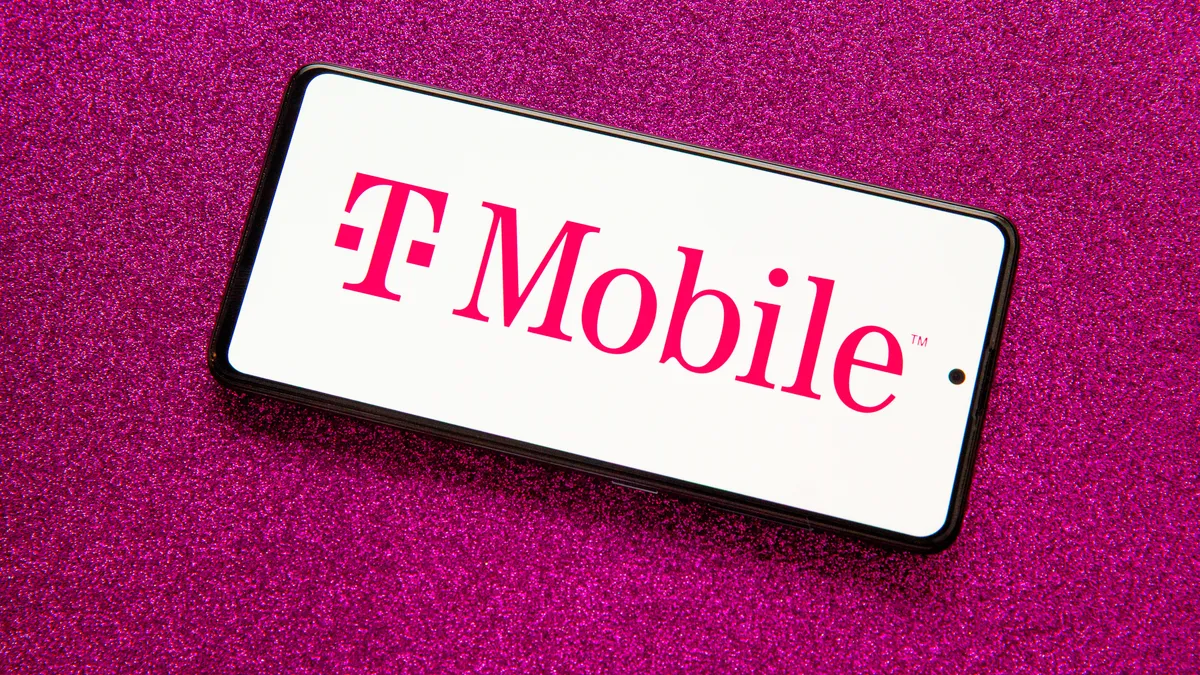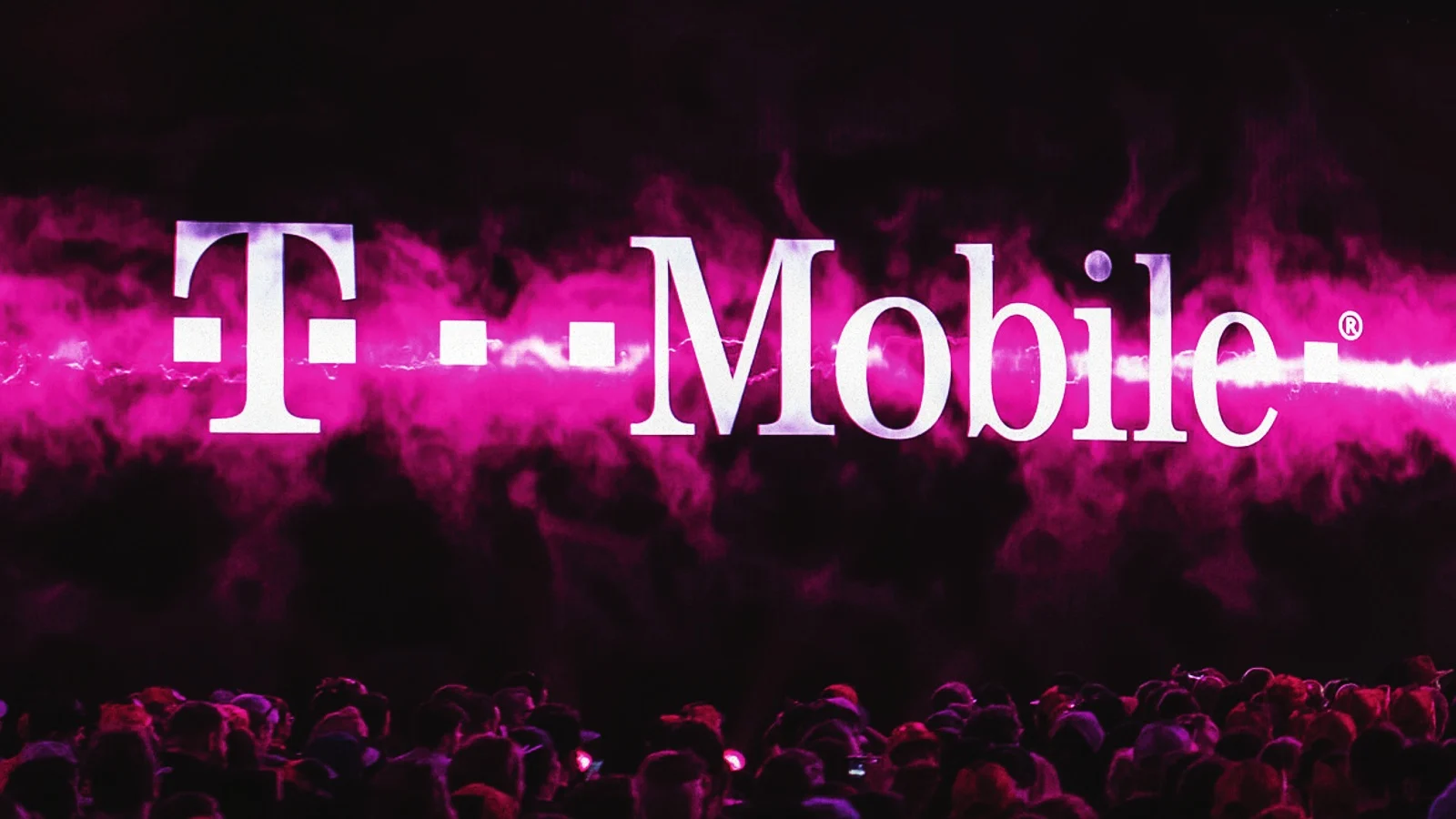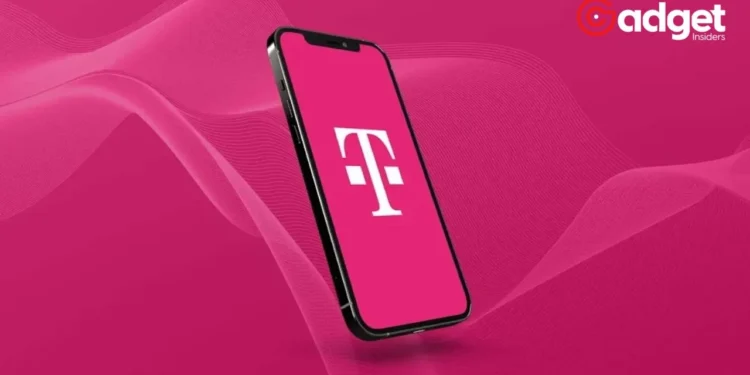In the ever-evolving landscape of telecommunications, a new chapter unfolds as T-Mobile’s ambitious acquisition of Mint Mobile, the budget-friendly MVNO co-owned by Hollywood star Ryan Reynolds, catches the eye of consumer advocates and regulatory bodies alike.
With a deal valued at up to $1.35 billion to acquire Mint Mobile, Ultra Mobile, and Plum from Ka’ena Corporation, the transaction stands at the precipice of reshaping mobile service accessibility and consumer rights.

Advocacy for Access: The Call for Unlocked Phones
As the acquisition awaits final approval, a coalition of consumer groups, including Consumer Reports, Public Knowledge, Benton Institute, and the Open Technology Institute at New America, has seized this moment to champion the cause of phone unlocking.
These advocates have proposed to the Federal Communications Commission (FCC) that T-Mobile commit to a more lenient phone unlocking policy as a condition of the acquisition. Drawing inspiration from Verizon’s 2021 acquisition of TracFone, which introduced a 60-day handset unlocking condition, the groups propose a similar, if not more consumer-friendly, unlocking policy for T-Mobile.

A Blueprint for Consumer Freedom
The essence of the advocacy rests on a simple premise: unlocking mobile devices not only empowers consumers with the freedom to switch carriers as they see fit but also stands as a testament to the industry’s commitment to open access and consumer rights.
The proposed unlocking condition would require T-Mobile to unlock all devices activated on its network within a significantly shorter period than currently mandated.
Bridging the Gap: T-Mobile’s Response
T-Mobile, in its dialogue with the FCC, has pointed to existing unlocking obligations under the Department of Justice’s final judgment in the Sprint transaction, arguing that additional requirements in the context of the Mint/Ultra acquisition may be redundant.
However, consumer groups counter that the current postpaid device unlocking policy—contingent upon the completion of service contracts or payment of early termination fees—does not fully address the immediacy of consumer needs, particularly for those on prepaid plans or without the financial flexibility to meet prolonged criteria.
https://twitter.com/marc_palasciano/status/1756354403114664392
The Path Forward: A Proposal for Immediate Action
The consumer advocates propose a pragmatic approach: T-Mobile should unlock all devices purchased from its brands and activate them on the T-Mobile network within 30 days of closing the deal. Furthermore, for devices capable of automatic unlocking, such as those from Apple, the process should be initiated 60 days post-activation without consumer intervention.
For others, T-Mobile is urged to provide clear instructions for manual unlocking post the same 60-day period, ensuring all customers, regardless of their device’s technical capabilities, can enjoy the benefits of an unlocked phone.
Beyond the Deal: The Vision for an Unlocked Future
The advocacy for unlocked devices transcends this acquisition, touching on broader themes of equity and access in the digital age. Locked phones, especially those associated with prepaid plans, disproportionately impact low-income consumers, who may find themselves unable to switch carriers or upgrade devices due to financial constraints.
By championing unlocked phones, consumer groups envision a marketplace where freedom of choice and access to affordable services are not just ideals but realities for all.

A Continued Legacy
As T-Mobile moves forward with its plans to integrate Mint Mobile into its portfolio, maintaining the operational independence of the acquired brands while leveraging Ryan Reynolds’ charisma as the “Mint brand champion,” the conversation around unlocked phones serves as a crucial reminder of the balance between corporate strategy and consumer rights.
In a world where mobile connectivity is indispensable, ensuring that policies reflect the values of access, freedom, and equity will be paramount in defining the success of such monumental acquisitions.
T-Mobile and Mint Mobile are navigating the final stages of their merger, and the call for a more liberal unlocking policy underscores a pivotal opportunity for T-Mobile to lead by example in the telecom industry.
By adopting consumer-friendly practices, T-Mobile can not only adhere to regulatory expectations but also reinforce its commitment to serving the best interests of its customers, setting a new standard for mobile service providers everywhere.










